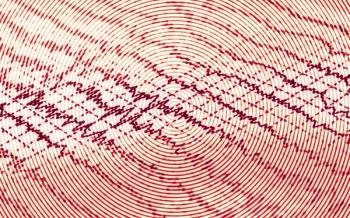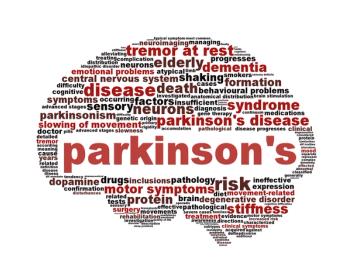
Psychiatrists may find themselves embroiled in matters that extend beyond the routine doctor-patient relationship unless they are clear about the differences between their treatment and forensic roles.

Psychiatrists may find themselves embroiled in matters that extend beyond the routine doctor-patient relationship unless they are clear about the differences between their treatment and forensic roles.

What expanded roles should psychiatrists be playing in the provision of proper pain management without taking their eyes off the issue of prescription opioid misuse and abuse? Insights here.

The authors review the clinical use of ketamine as the anesthetic induction agent in ECT and discuss the evidence that it augments antidepressant response and reduces cognitive adverse effects.

An overview of Behavioral Neurology and Neuropsychiatry, a medical specialty committed to better understanding links between neuroscience and behavior and to the care of individuals with neurologically based behavioral disturbances.

The term “CTE” was introduced recently to describe progressive neuropathological changes and diffuse neuropsychiatric symptoms associated with a history of TBI. Here, a clinical overview of TBI and CTE.

Psychiatric comorbidity in epilepsy represents not only a matter of intellectual interest but also an important variable that affects prognosis in terms of morbidity and mortality.

For some patients with Parkinson disease, the neuropsychiatric complications are a greater source of morbidity than the motor dysfunction. This article focuses on the management of psychosis in Parkinson disease.

As with most tests in medicine, the results of computerized neurocognitive tests are not diagnostic, but they are useful adjuncts to the diagnostic process.

Vitamin D has been hailed as the “sunshine” vitamin with many therapeutic attributes. The authors explore the association between vitamin D deficiency and increased risk of depression.

Dysexecutive syndromes result from damage to the anterior regions of the brain and present as a combination of disinhibition, disorganization, or apathy.

Since the terms “genius” and “creativity” have different definitions, Psychiatric Times asked a neuropsychologist and creativity expert to clarify how the terms are being used in scientific studies.

Placing black floor mats in front of exits to deter demented nursing home residents from dangerous wandering may pose ethical questions.

I’d love to create a new set every year, our glossy portraits on one side, caduceus in the corner, honors, cure rates, and publications on the back...

What's new in sleep medicine? The latest developments in both new and novel approaches to treating sleep disorders.

It is time for psychiatry’s critics to drop the conspiratorial narrative of the “chemical imbalance” and acknowledge psychiatry’s efforts at integrating biological and psychosocial insights.

During the first year of her child and adolescent psychiatry fellowship, this psychiatrist received an invaluable lesson regarding the importance of “treating the whole patient” in this case, a 16-year-old patient who is pregnant.

In the history of psychiatry, the First World War is often identified with the rise of the disorder of “shellshock.” However, many in both the medical community and the military establishment were dubious of the claim that war could produce psychiatric symptoms.